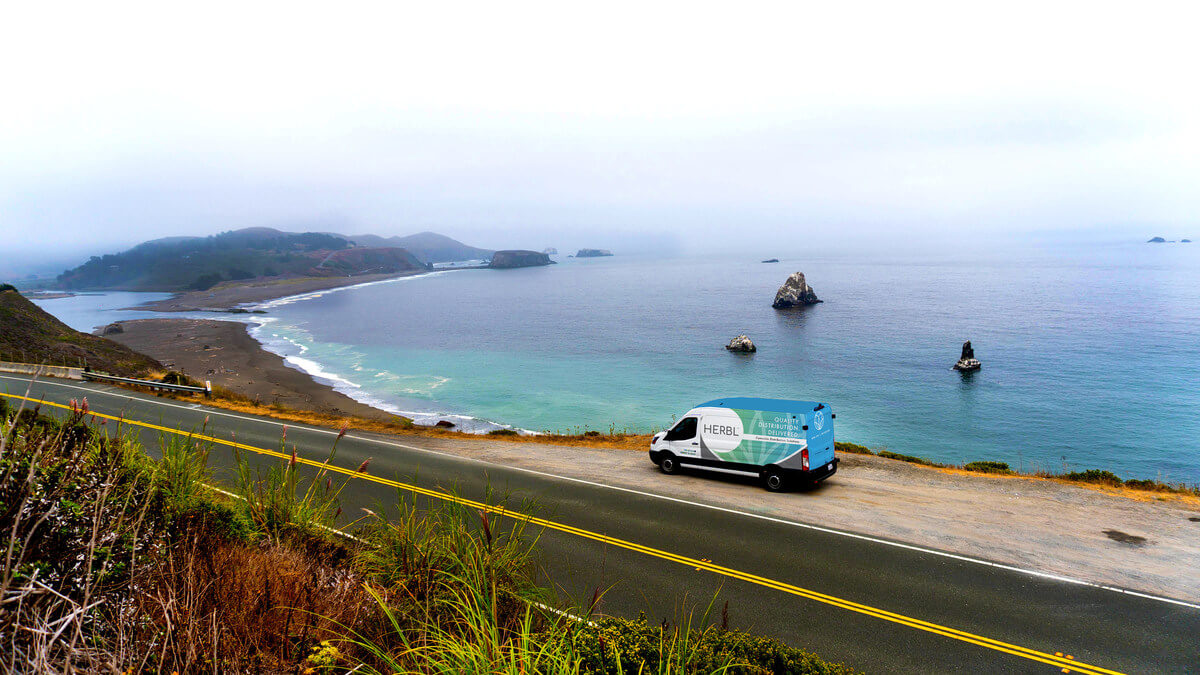In a shocking turn of events, Herbl, one of the largest cannabis distribution companies in California, filed for bankruptcy, affecting numerous businesses within the sector. Having generated product sales of approximately $700 million in 2022, this development highlights Herbl’s rapid rise and fall and raises serious concerns regarding the stability of the Californian cannabis industry.
Ripple effects across the supply chain
The abrupt collapse of Herbl has led to tens of millions of dollars in unpaid bills to fellow cannabis companies in California. Tyler Kearns, founder and CEO of Seven Leaves, a Sacramento-based cannabis company, predicts widespread consequences as different brands struggle to collect payments, leading to undesirable impacts on suppliers, distributors, and retailers. Kearns reveals that his company is owed an estimated $880,000 by Herbl.
A wake-up call for policymakers
Wesley Hein, President of the Cannabis Distribution Association, emphasizes the broader implications of Herbl’s downfall and urges immediate action to address regulatory challenges, taxation issues, and illicit market activities prevalent within the sector. He accentuates the need for central authorities to focus on supporting the industry while simultaneously acknowledging its inherent fragility.
Echoing concerns among California’s cannabis businesses
Herbl’s bankruptcy has ripped the band-aid off underlying issues as several other California-based cannabis companies have reported problems regarding payment from Herbl since springtime. Unpaid or partially paid invoices have become increasingly common in the past few weeks, exposing the cannabis industry to more stringent regulations compared to other business sectors.
Herbl reportedly owes at least $2.2 million to various cannabis brands while awaiting $1.9 million in payments from retailers who have failed to clear their outstanding debts with the company. Observers question the lack of government intervention or support for struggling companies within the cannabis space, alleging a disparity in treatment compared to other industries.
Lawsuits and creditor complications
Ali Jamalian, owner of Sunset Connect, has filed a lawsuit accusing Herbl executives of fraud and entering into contracts without any intention of safeguarding payment agreements. Adam Cavanaugh, President of the Cannabiz Credit Association, highlights the difficulties creditors face in the cannabis industry, as they often have limited access to traditional bankruptcy protections compared to other sectors. This absence poses a substantial risk for businesses dealing with cannabis-related entities, making it increasingly challenging for them to recover unpaid debts.
Toward a more sustainable regulatory landscape
Beyond the immediate effects of Herbl’s bankruptcy, greater threats linger on the horizon: complex regulations, tax disputes, and competition stemming from illegal market activities all contribute to undermining the viability of California’s cannabis industry. Urgent changes are needed at the state level to ensure that the ramifications of Herbl’s failure are not replicated across the sector; this presents an opportunity for policymakers to adopt more robust regulatory frameworks.
In conclusion, Herbl’s collapse provides a crucial learning experience for the Californian cannabis industry. It brings urgent attention to the plaguing issues and challenges that continue to haunt stakeholders across the supply chain. The resultant lawsuits, disrupted revenue streams, and unpaid bills should serve to catalyze necessary adjustments at both legislative and industry-wide levels to preserve the future health and profitability of California’s burgeoning cannabis economy.





